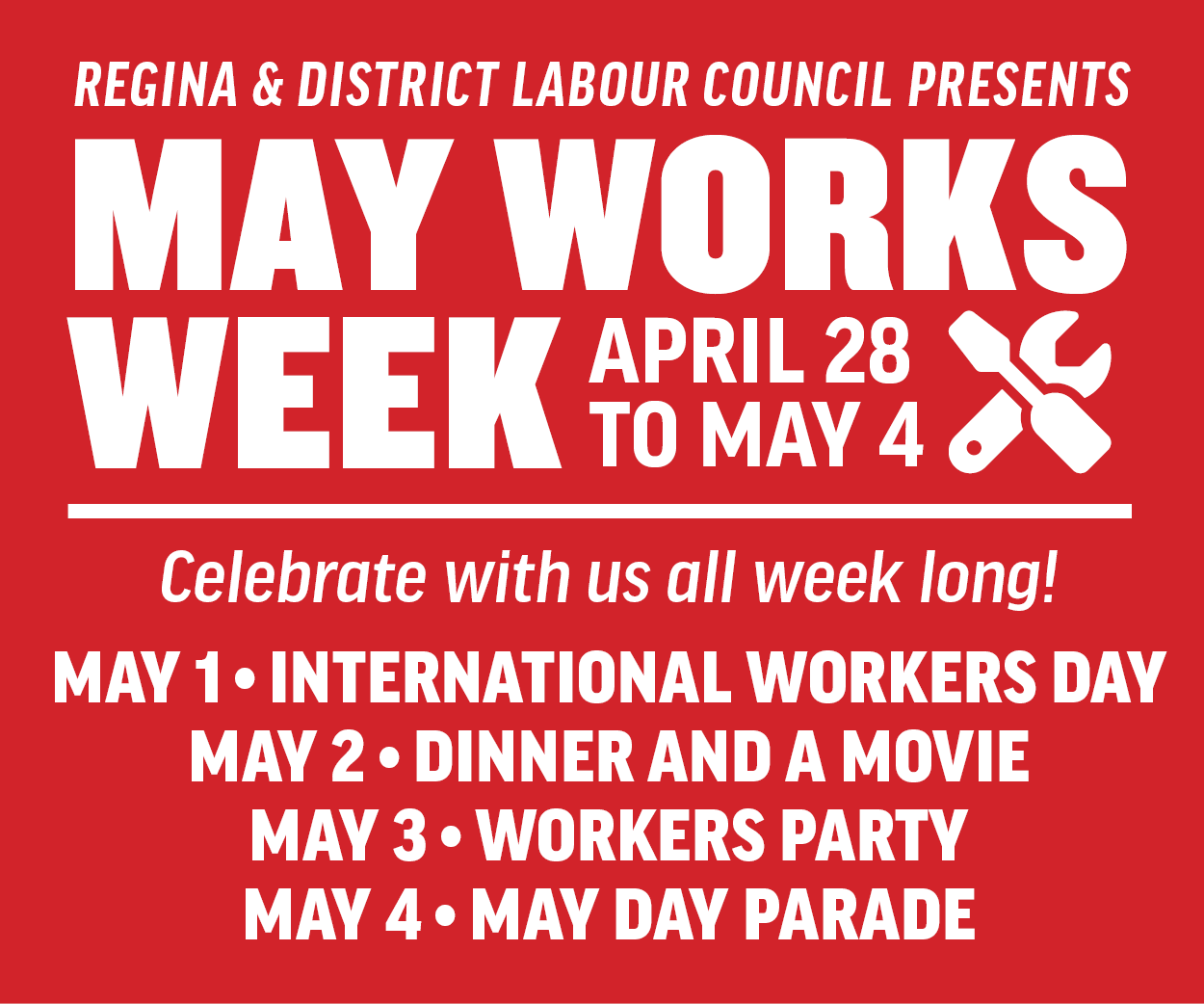There may be some straws in the wind – hearing a neighbor’s been laid off, hearing about the dysfunctional Target Canada coming apart like the Hale Bopp comet into Jupiter – but the news that the Saskatchewan Junior Hockey League’s Weyburn Red Wings are close to insolvency should set off alarm bells in the provincial Department of Finance, and not just amongst hockey fans.
As people from southern Saskatchewan are wont to tell us – at least until recently – the Weyburn-Estevan area, the Canadian area of the now infamous Williston Basin – became almost as large an economic generator as the Athabasca Tar Sands thanks to fracking and high oil prices. But those high oil prices are no more.
Weyburn’s also known for being an area where the business community apparently thinks that if you’re not working in the oil fields or directly supporting the oil field industry, you can go hang. The city fathers and the Weyburn District Chamber of Commerce launched a grand national freakout nine years ago, when some of the employees at the city’s Walmart planned to unionize the staff. And the district voted heavily for a SaskParty candidate whose party, amongst other things, would rewrite labour rules so it would be harder for employees to unionize.
More recently, the Chamber of Commerce strongly endorsed the Temporary Foreign Workers program, which allows businesses to bring in workers from Third World countries to work in jobs, even though local people may need jobs. It’s understandable, in a cynical fashion, why the Chamber thinks that way. If the labour market isn’t diluted, then the laws of supply and demand mean that they will have no alternative but to increase wages, or go out of business if they have to pay market rates for labour. I mean, you can’t have workers making too much money and having more disposable income, can you? Look at what happened to Seattle when it passed a hike in its minimum wage … okay, bad example.
But now, let’s see the Weyburn Chamber of Commerce try to convince these TFWs that the Red Wings survival is important. And let’s see the Weyburn Chamber of Commerce try to convince those people who got laid off or who couldn’t get a job because the local business thought they could save a buck and hired TFWs instead of local people, that they should care about the Red Wings’ fate. And let’s see the Chamber, who endorsed anti-unionization so workers have a harder time bargaining collectively for, amongst other things, better wages, tell those same people that they should spend their hard-earned money, which doesn’t go too far in a boom town, for a hockey team when, if they have cable, they can watch all they hockey they want at home.
Now, the likelihood that the Weyburn Red Wings don’t play next season is up there with the threat in bygone years that the Saskatchewan Roughriders would fold if they didn’t sell enough tickets. The threat is real insofar as it’s made to the public; appealing to its sense of community spirit, forgetting that the other ways of illustrating community spirit – like making sure everyone has an adequate income and shelter, that everybody can feel at home – should be ignored because it might inconvenience the business community.
The Wings will probably be bailed out by local businesses buying tickets for the remainder of the current season and season tickets for the next year. The businesses will then sell tickets at a discount (think of Safeways selling Pats tickets in the Hunter years) or give them away to their business associates and/or employees. This is what the Roughriders did in the 1997, ’98, and ’99 seasons to inflate attendance figures. The Riders’ problem with that strategy, however, was two-fold. It was only the truly dedicated, the desperate, and the ones with no connections in the business community who paid for tickets, whether seasons’ or walk-ups, and once businesses learned that they couldn’t give away Rider tickets, they started wondering why they were spending promotional money on a product nobody wanted. By the end of the 1999 season, the Saskatchewan Roughriders were in worse shape than in late 1996, when Fred Wagman threatened to pull the plug on the team because of its financial state. They were just as much in the hole as they were three years previous, they had a public that wasn’t willing to buy tickets they could get for free, and they had a business community who now knew the public wasn’t always willing to sell what the Riders were trying to get them to buy.
As the news reports state, the Wings are about $180,000 to $200,000 in the hole with, if it is in keeping with the rest of the SJHL, a budget of about $900,000 to $1 million. In the oilfields’ go-go days, the collection of drilling companies, service companies, and others associated with the industry could have raised that amount from their petty cash reserves. The fact that they can’t do that now, and the Weyburn Red Wings now are going cap in hand to a public that, until now, the business and political community have largely ignored, is not just ironic justice, it’s a major sign that the New Saskatchewan that people such as Brad Wall and John Gormley have envisioned is pretty much an illusion.




